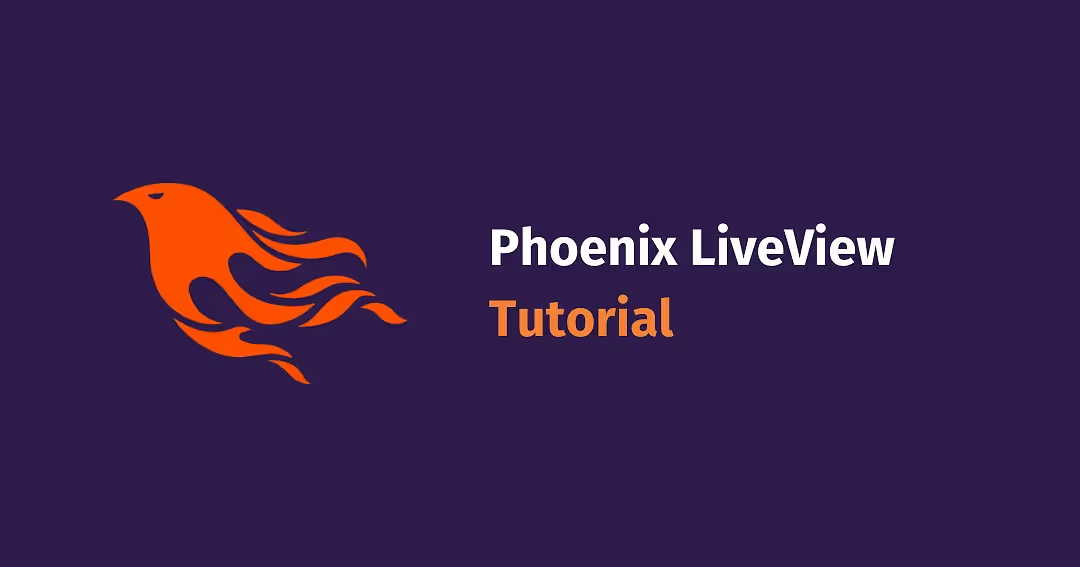Introducing Kanta - the ultimate solution to translations in Elixir & Phoenix web apps
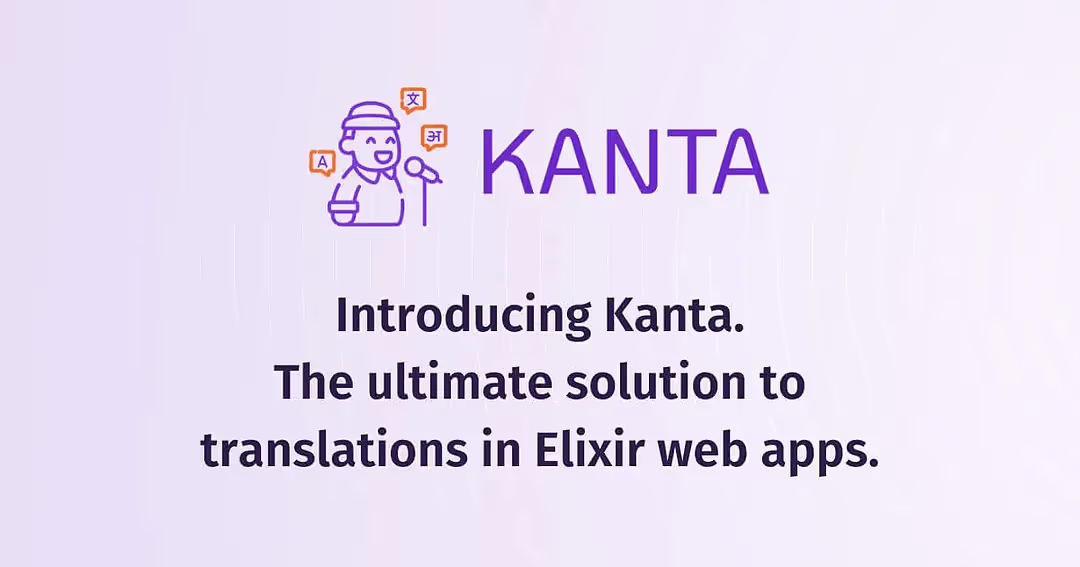

Handling translations in web applications can be a challenging and time-consuming task. The process entails managing various files, tracking modifications, and ensuring that translations remain current as the project progresses.
Mentioned complexities can slow down development and introduce errors. That’s why we decided to create an open source solution: Kanta. In this blog post, we’ll explore the problem of managing translations in web apps, and how Kanta simplifies the process. We’ll also compare it with other translation management tools and delve into its powerful plugins.
Problem with translation management in web apps
Web applications aiming to serve a global user base often need to support multiple languages. Translating content for these applications is typically done by storing translations in static files like .po GNU gettext files, which are kept within the project's repository. However, managing these files can be complex for non-technical individuals responsible for the app's internationalization. This has led to the emergence of external services that simplify this process. Unfortunately, many of these services come with a cost and might also introduce performance issues as the backend needs to make API requests to gather translation data.
It's worth noting a fundamental challenge with .po files: making changes requires generating, filling, and releasing these files.
Introducing Kanta: a game-changing translation management tool
Kanta is an open-source translation management framework designed specifically for Elixir/Phoenix projects. It aims to simplify the process of managing translations, making it more efficient and intuitive. However, it's worth noting that this efficiency isn't limited to non-technical users alone. Even technical personnel benefit from Kanta's capabilities, as it eliminates the need for the traditional release cycle, enabling faster integration of translations. By using Kanta, developers can focus on building great software rather than getting caught up in internationalisation management complexities, without changing a single line of their existing code responsible for handling translations.
Features
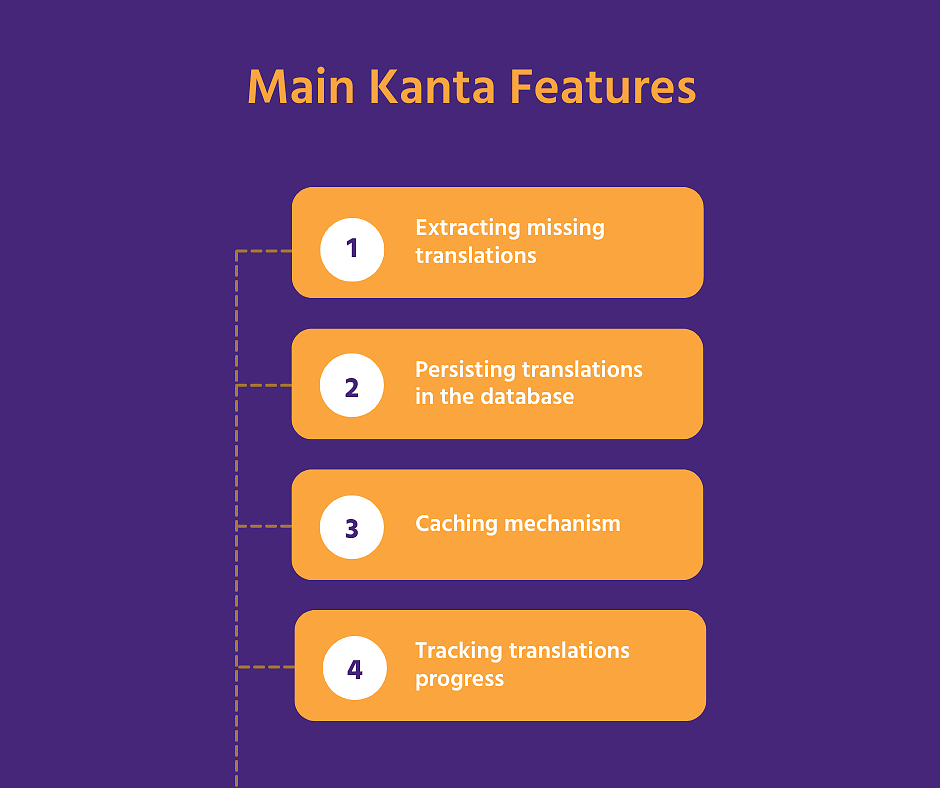
Extracting missing translations
Kanta analyses .po GNU gettext files to find missing translations, and then displays them within Kanta’s dashboard, allowing you to quickly identify which translations need to be added or updated.
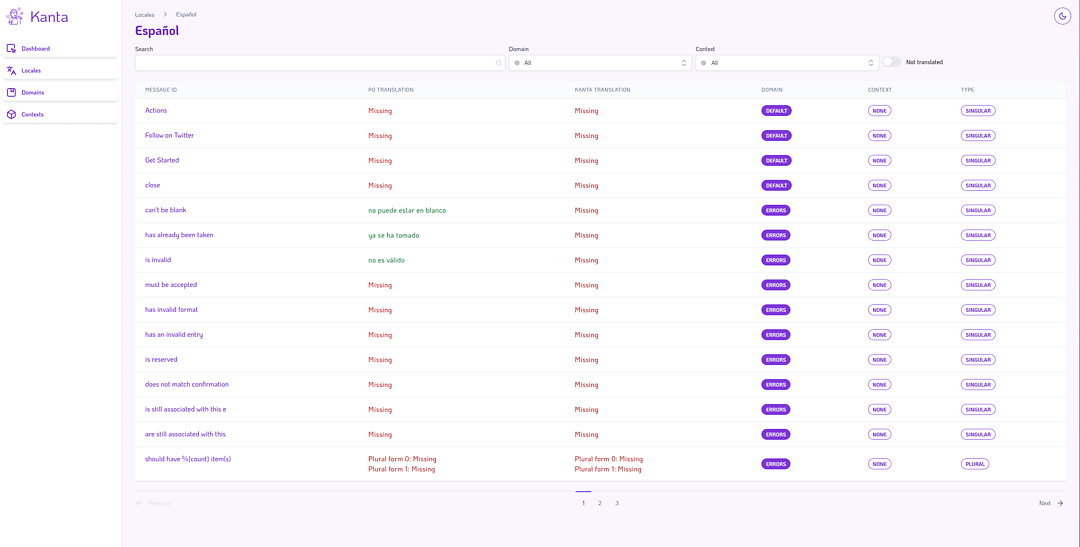
Persisting translations in the database
Once you fill in the missing translations through Kanta’s interface, they are automatically stored in the database.
The use of a database for storing translations also provides benefits such as easier management, versioning, and the ability to leverage the power of the database for querying and filtering translations. It's worth adding that thanks to this approach, we have eliminated the need for application releases when introducing new translations.

Caching mechanism
To ensure that your application runs with top-notch performance, nearly the same as if only gettext was installed, caching mechanisms were introduced. All translations stored in the database are loaded into the cache upon the application start, by default into Erlang Term Storage (ETS).
Tracking translations progress
One of the key features of Kanta is its ability to track the progress of translations in your application. This feature provides valuable insights into the state of your internationalization efforts and helps you effectively manage and monitor the translation process.
The tracking feature in Kanta provides transparency and accountability, making it easier for teams to coordinate efforts and meet translation goals. It saves valuable time and reduces the risk of missing translations or leaving incomplete language support in your application.

No code changes required
The best part is that all of those functionalities can work out-of-the-box because Kanta does not require changes in your existing code. Developers can continue using the familiar gettext function without any modifications, allowing for a smooth transition to Kanta’s translation management capabilities. This saves valuable development time and ensures that the application remains fully functional while benefiting from its powerful features.
That’s because Kanta uses a new feature in Elixir’s gettext package, named runtime translations, which allows it to capture gettext calls and provide its own translations.
Comparison with POEditor and Localise
Both POEditor and Localise are widely-used web-based internationalization platforms that offer comprehensive features for translation management. However, compared to tools like them, Kanta offers several advantages.
First, they are paid services or offer very strict translations count limits on free plans.
The other issue is that they require communication with an external service to function. This means that every translation request from the application needs to be sent over the network, which can introduce additional latency and potential points of failure.
In contrast, Kanta is directly plugged into the Elixir application and uses its own tables in your database, ensuring much greater performance and reducing reliance on third-party services.
Kanta’s plugins
Kanta goes beyond basic translation management by offering powerful plugins that enhance its capabilities as a separate dependencies. You can also create your own plugin and share it with the community to satisfy the most sophisticated requirements!
Instruction and the current list of available plugins are available here.
DeepL
Not all of us are polyglots, and sometimes, we need the help of machine translation tools. That’s why Kanta provides a plugin that integrates with the DeepL API, a popular translation service offering 500,000 characters/month for free. With this plugin, users can leverage DeepL’s translation capabilities directly within Kanta and speed up the translation process.
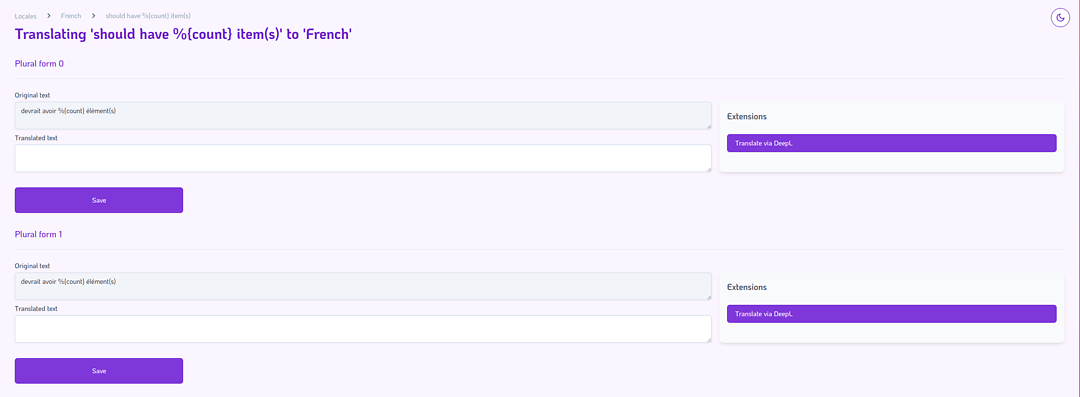
First, add and install the dependency:
# mix.exs
defp deps
...
{:kanta_deep_l_plugin, "~> 0.1.1"}
end
Then, to enable this feature, all you need to do is to add Kanta.Plugins.DeepL to Kanta’s plugin list:
# config/config.exs
config :kanta,
...
plugins: [
{Kanta.DeepL.Plugin, api_key: "YOUR_DEEPL_API_KEY"}
]PO Writer
Sometimes, you may want to go back to the plain old PO files. No matter if it is because you want to create a translation back-up, migrate your codebase, or even get rid of Kanta and use another translation framework, Kanta provides all the necessary tools to get the job done.
First, add and install the dependency:
# mix.exs
defp deps
...
{:kanta_po_writer_plugin, git: "https://github.com/curiosum-dev/kanta_po_writer_plugin"},
end
As a next step, add Kanta.Plugins.POWriter to Kanta’s plugin list:
# config/config.exs
config :kanta,
...
plugins: [
Kanta.POWriter.Plugin
]Once you add it, a new feature appears that allows to fill .po files with translations stored in Kanta’s tables in the database.
Summary
Kanta offers an elegant solution to the challenges of managing translations in web apps. By providing an elegant interface, integration with the Phoenix Framework, and powerful plugins, it simplifies the internationalization process and allows non-technical people to easily manage translations without the cost of money, performance and your app’s reliability. You can check a demo application here and the Github repository here.
We built this tool for the Elixir community, so we’d love to spread the news to as many of its members as possible. If you like it, don’t forgot to share it! If you have any feature requests, let us know in Kanta Github issues.
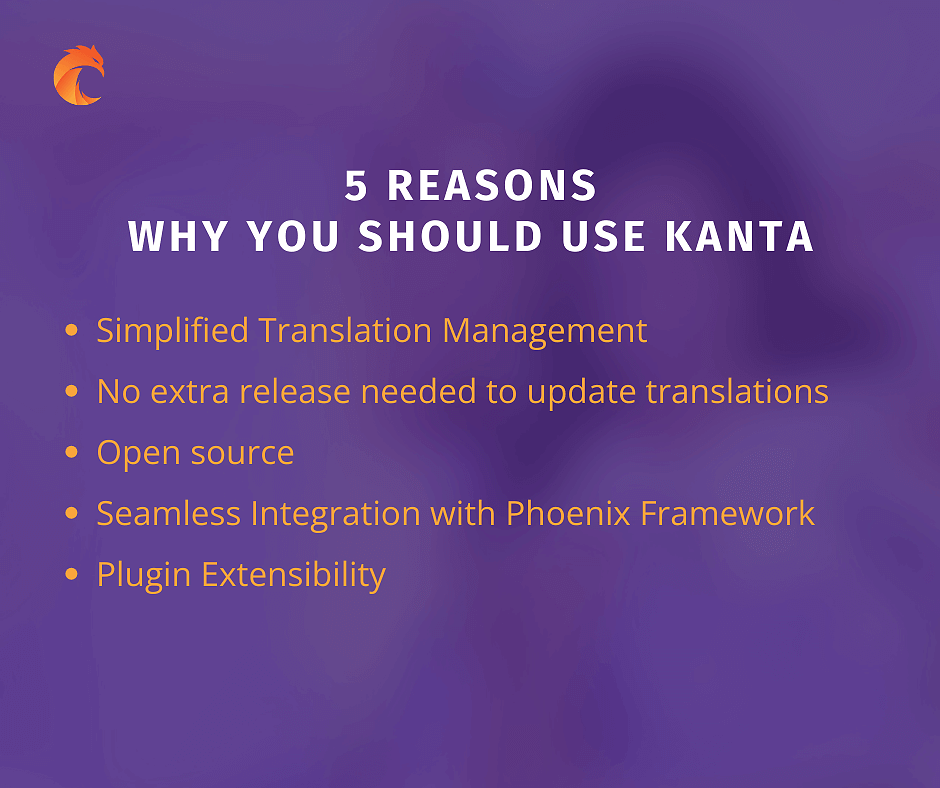
Want to power your product with Elixir? We’ve got you covered.
Related posts
Dive deeper into this topic with these related posts
You might also like
Discover more content from this category
Join Savannah Manning at Elixir Meetup #14 as she shares her journey of mastering Elixir and the resources that helped her. Discover valuable tools and tips to enhance your Elixir learning experience.
The concept of Phoenix Context may appear straightforward, yet its potential for significantly boosting Phoenix app maintainability is profound. However, the truth is many developers grapple with its effective implementation.
Elixir and its ecosystem is gradually becoming the go-to platform for many web application developers who want both performance and productivity without a tradeoff.




